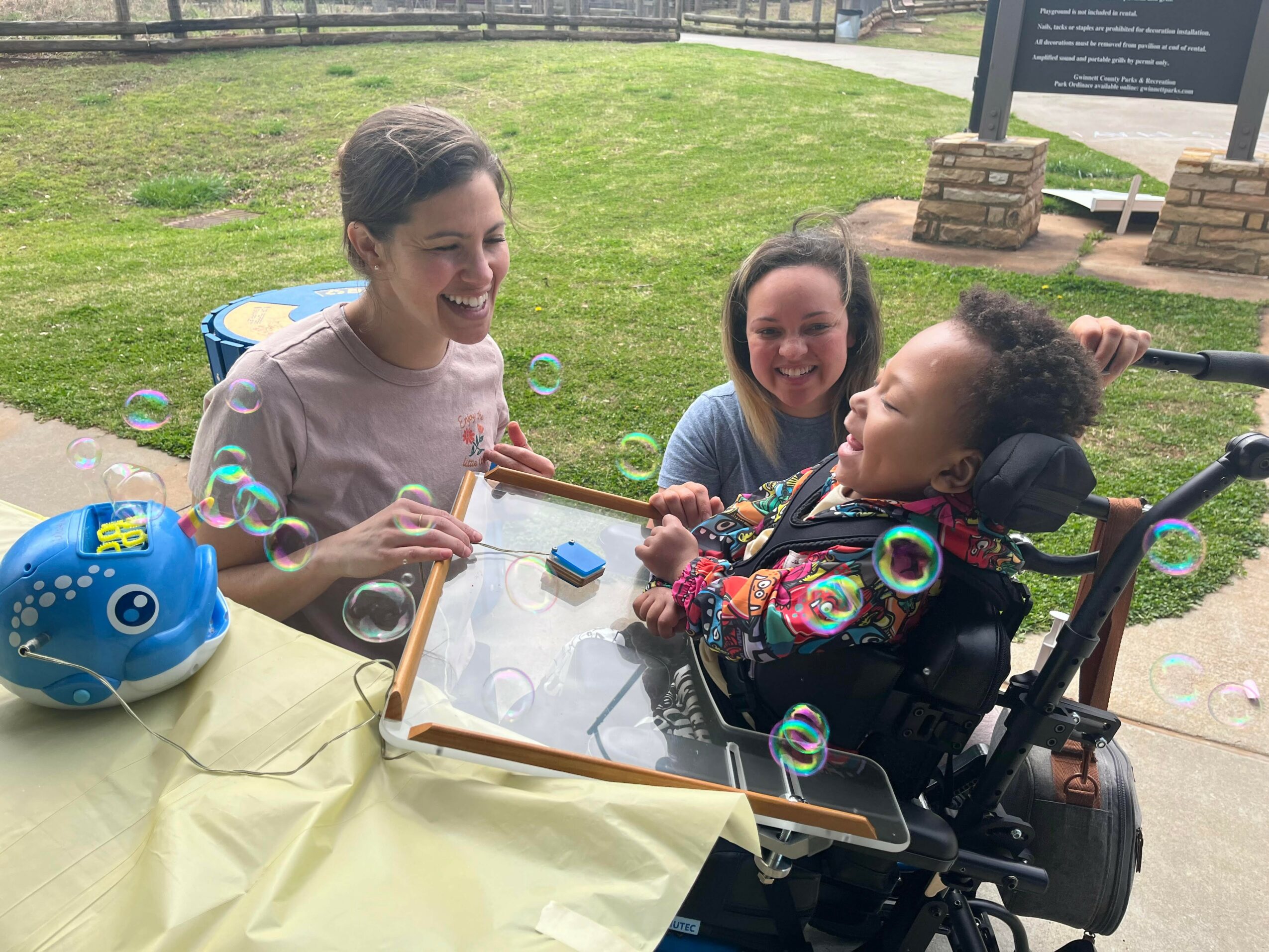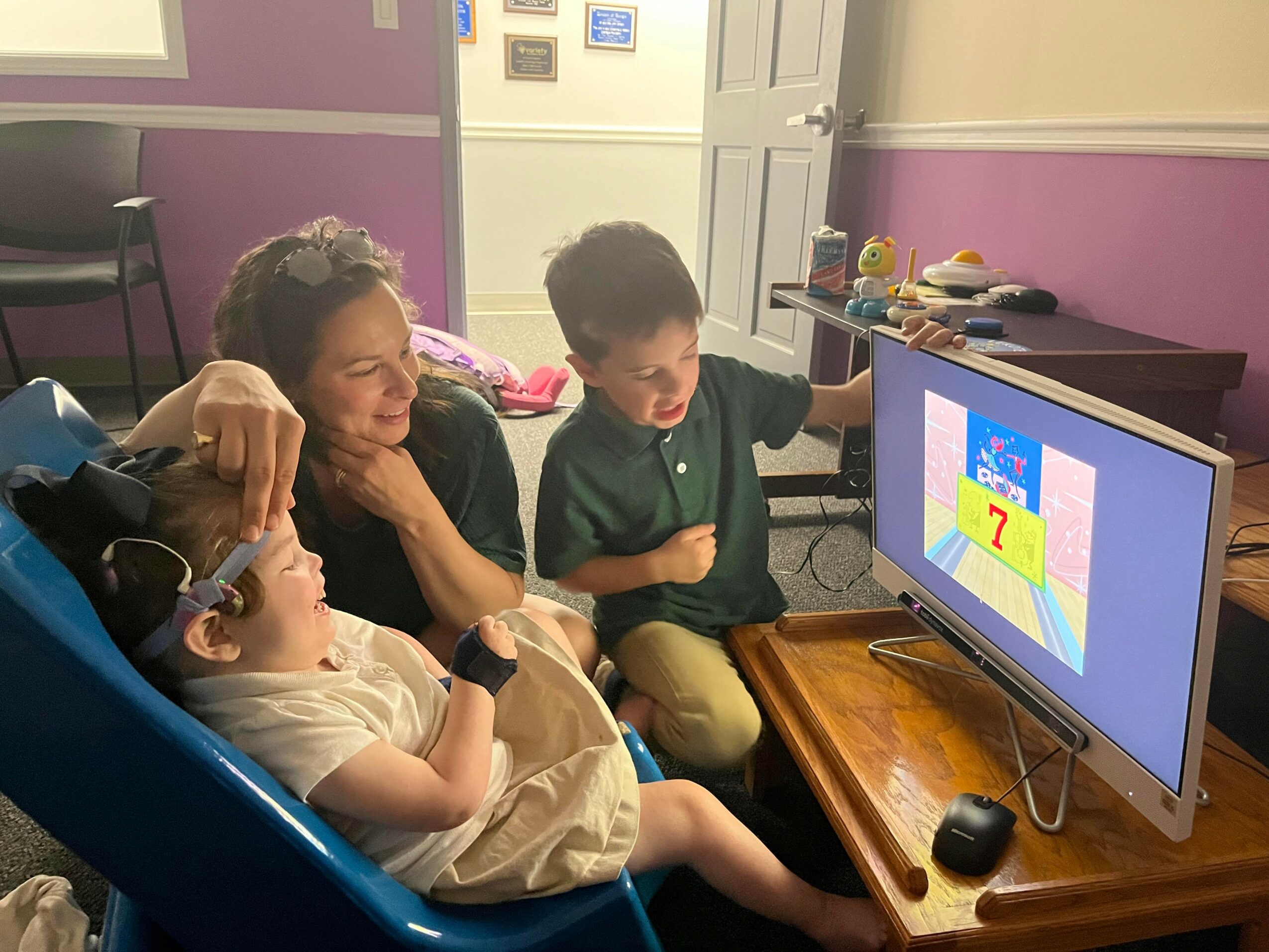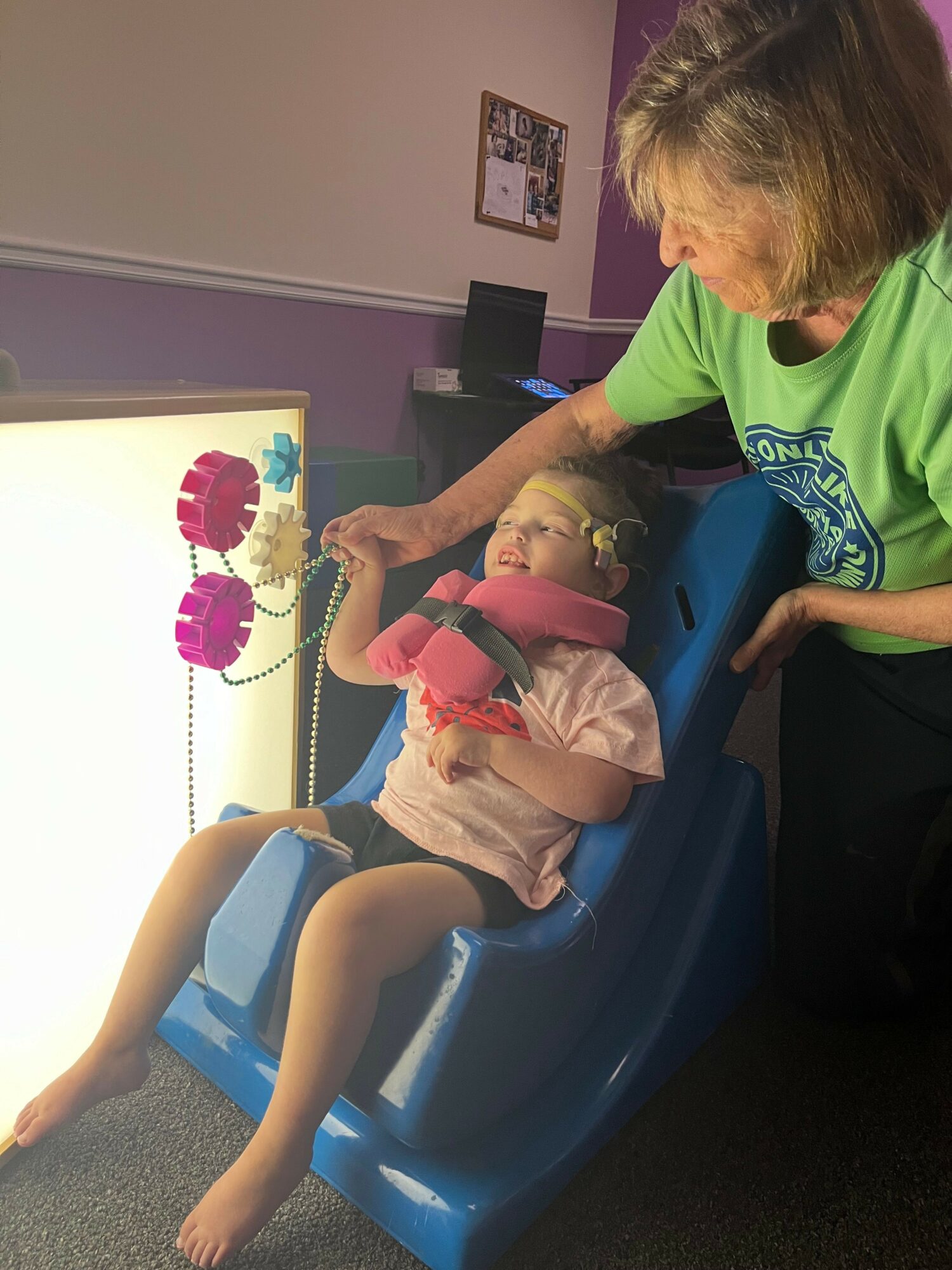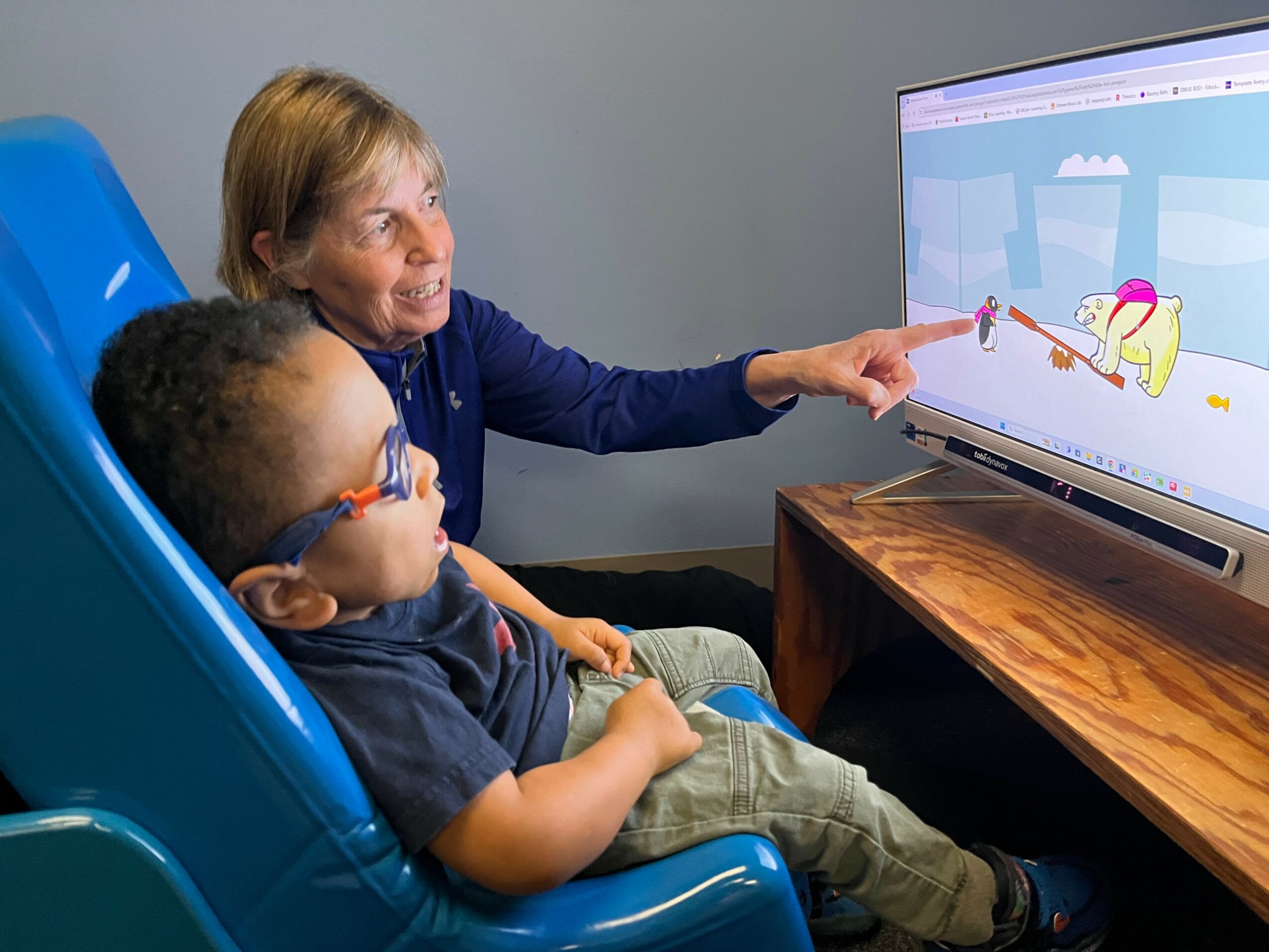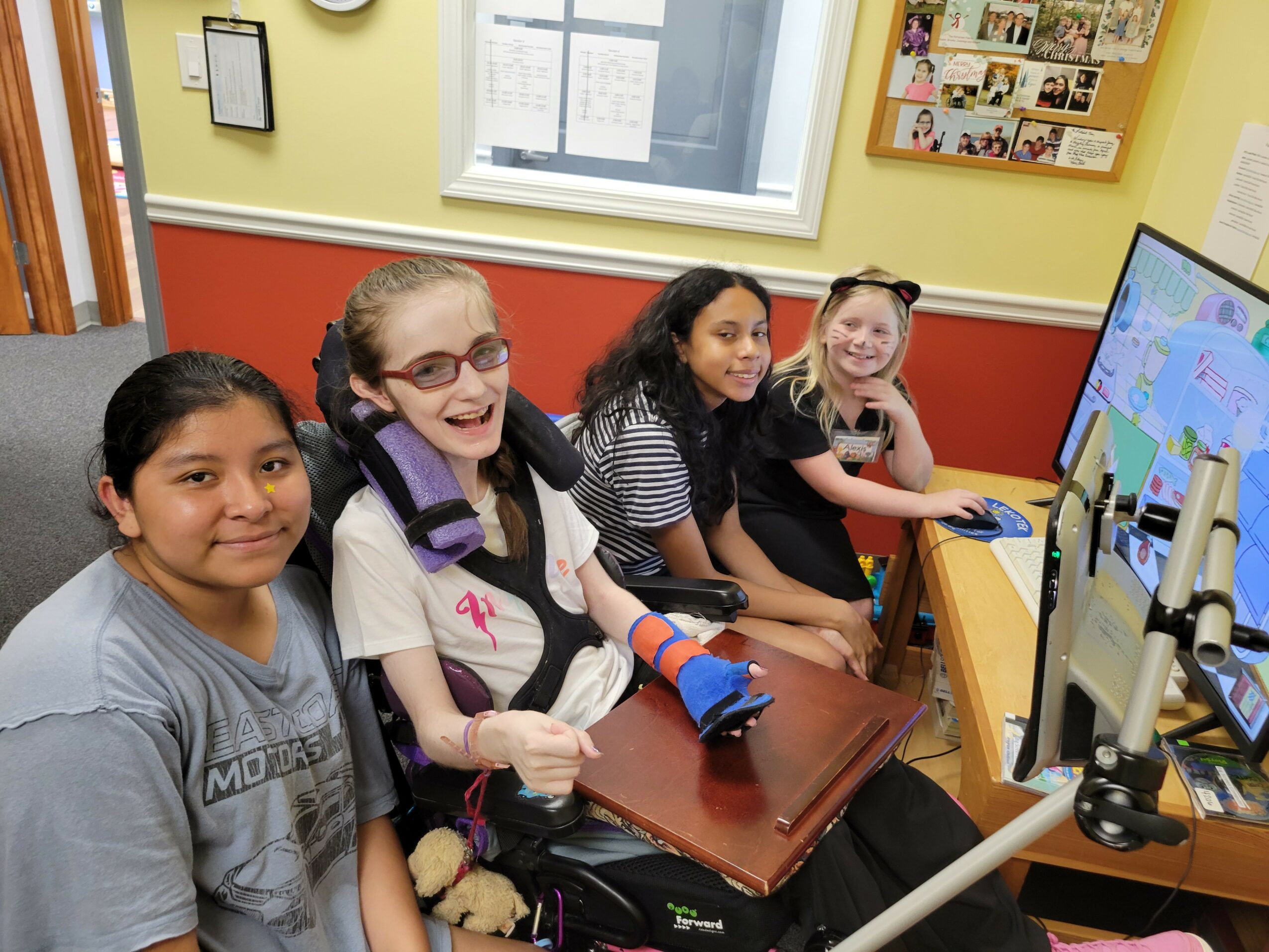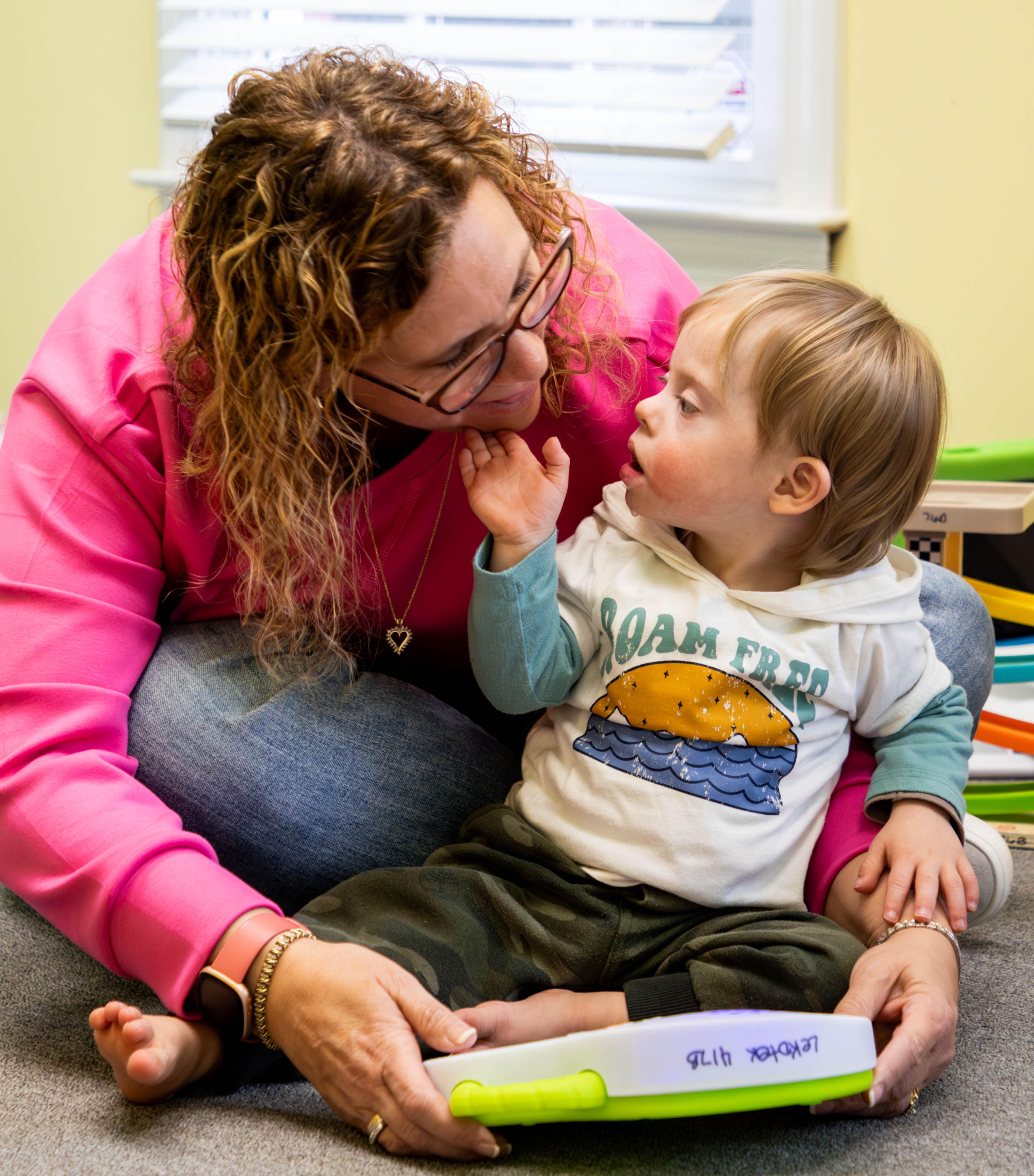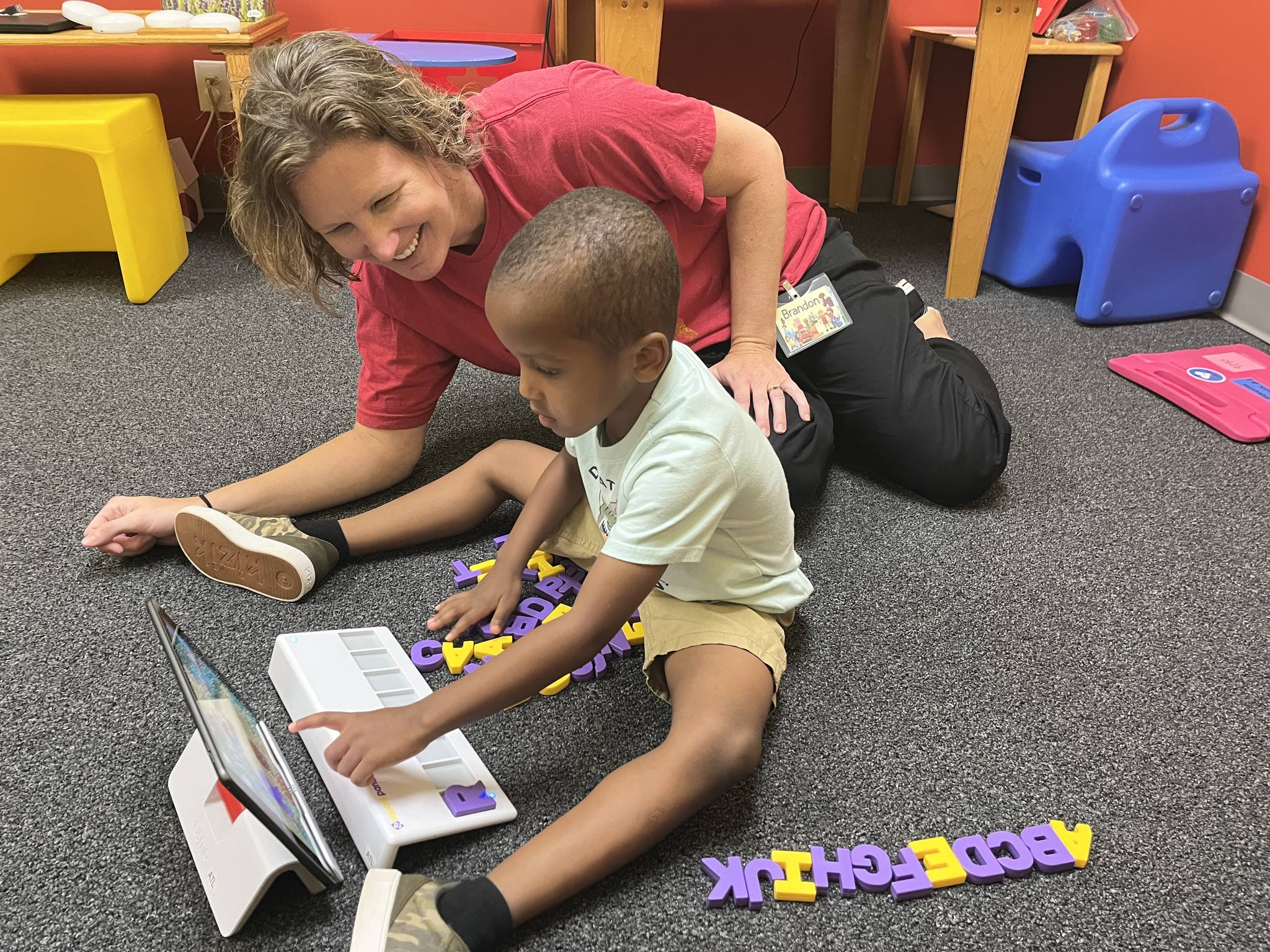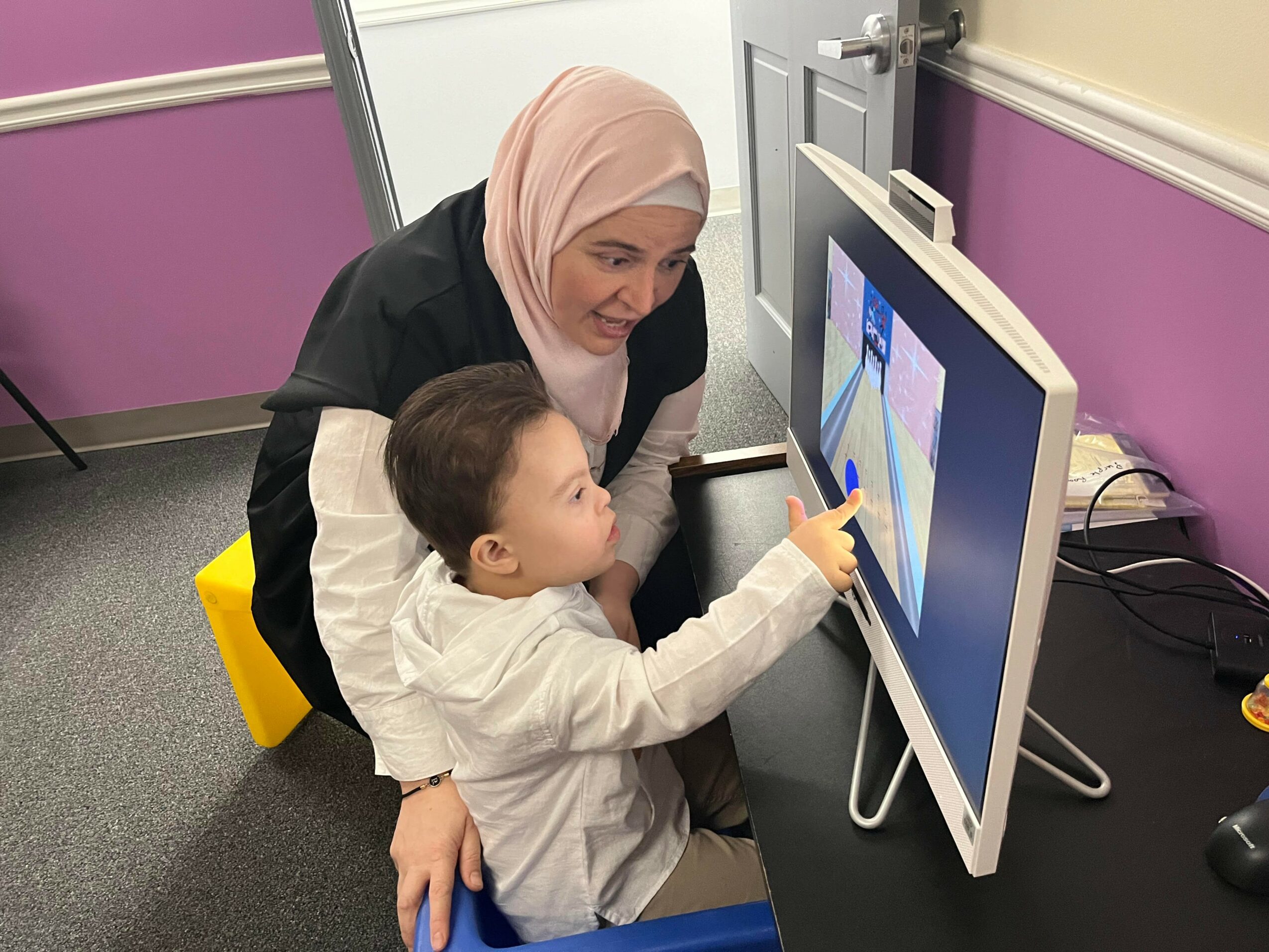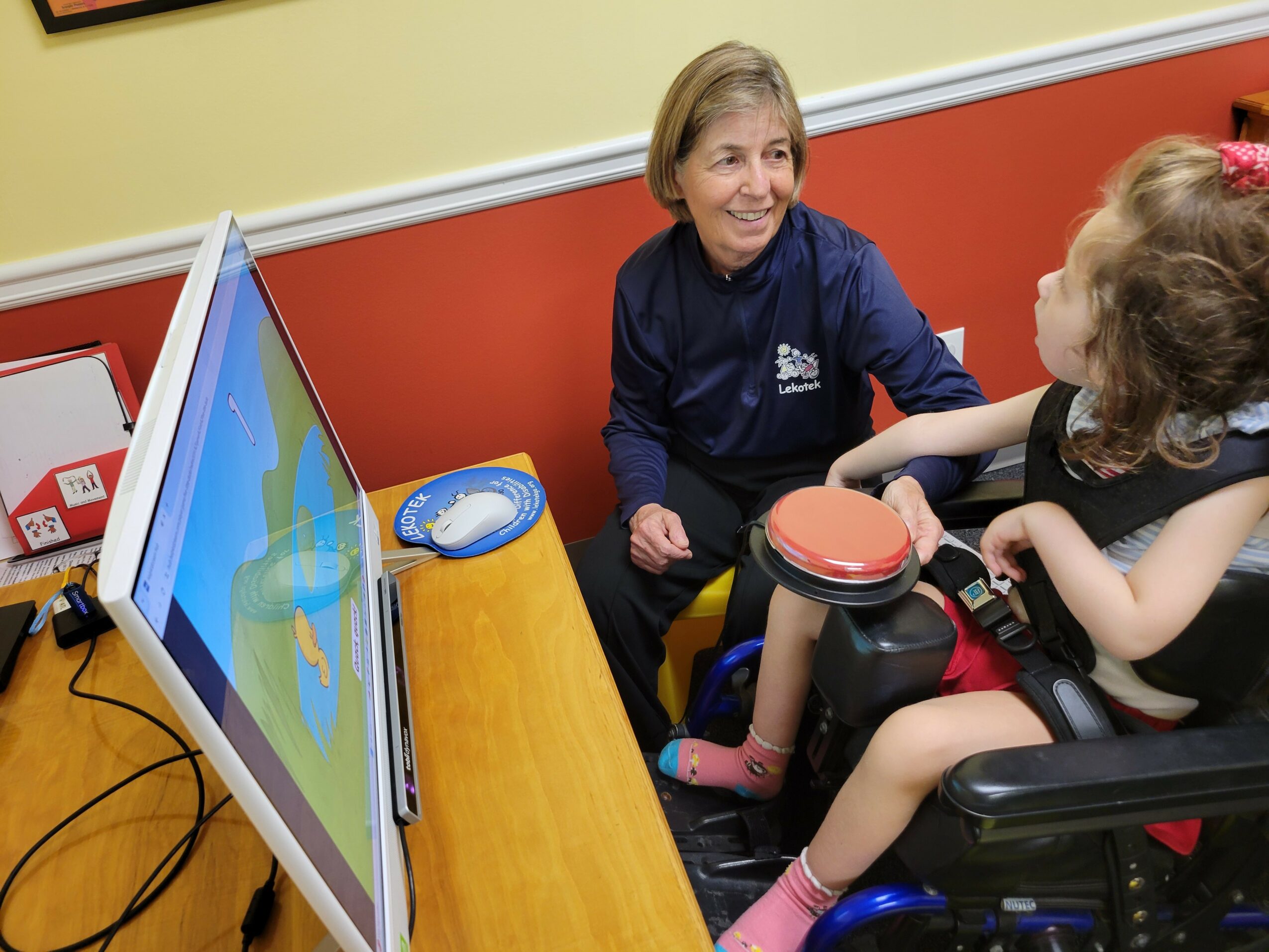

Today we’d like to introduce you to Helene Prokesch.
Hi Helene, thanks for joining us today. We’d love for you to start by introducing yourself.
In 1982, I was a special education teacher for Fulton County, a public school system in metro Atlanta. That year my nephew, Jeremy, who has Down syndrome, was born in Evanston, Illinois. As a toddler, he received speech, occupational and physical therapy. He also participated in programs at the Natonal Lekotek Center. My brother-in-law and sister-in-law explained Leotek’s unique model and how its services differed from all other types of therapies. Jeremy’s Lekotek leader used developmentally appropriate toys to help him learn through play. He did many things for the first time at Lekotek and was able to attain developmental milestones. Jeremy’s parents, older sister, and younger program were welcomed to participate during his one on one family play sessions. Following each one hour session, in which the Lekotek leader (with experience and credentials in special education) modeled the use of toys to facilitate learning and inclusion, the toys could be borrowed.
Knowing that I was a special educator, my brother and sister in-law, suggested that I start a Lekotek in Atlanta. I set out to do just that and 14 months later I had secured initially funding and space in the basement of Easter Seals. From these humble beginnings in the basement of Easter Seals, today, Lekotek has six vibrant centers.
Lekotek is a Swedish word that means, “play library”. It was the concept of 2 parents in Sweden who gave birth to children with significant disabilities in the 1960s. They were told to place their children in residential settings. (This was true in our country, as well, into the 1970s) These parents believed their children should live at home and in their communities. They created Lekotek to supply the necessary tools – adapted toys and educational materials – to achieve this mission of inclusion and to make it possible for children with disabilities to play with parents, siblings, grandparents and extended family members.
For example a battery adapted toy can be adapted so a child can press a large button to activate it if they do not have the manual dexterity to manipulate the on/off button.
We all face challenges, but looking back would you describe it as a relatively smooth road?
The initial struggles were to find space and initial funding. I gave myself one year to see if I could succeed in finding both. Eight months into the initial process of creating a Lekotek in Atlanta, I received space and our first 3 grants from Eastern AirLines, Citicorp and Liz Clairborne.
As budget demands increased meet the demand for services, fundraising pressure is a constant. I believe that running the organization today with a budget of nearly 1 million dollars and six centers is more demanding than starting it.
Board building and development is a challenge.
Lekotek is a Swedish word and hardly a house hold word so explaining what we do and building awareness is a challenge.
Thanks for sharing that. So, maybe next you can tell us a bit more about your work?
There is no program like Lekotek in the country and our six Lekoteks in the metro Atlanta area (Tucker, Gainesville, Duluth, Alpharetta, Peachtree City, and Kennesaw) are the only ones remaining in the U. S.
At one point the National Lekotek had 60 affiliates. They have all closed due to their ability to secure funding. As a special educator who continues to conduct play sessions with families, I’m proud of our growth while saddened that all other Lekoteks have closed. I believe what we do is so unique and beneficial. All children learn through play and Lekotek creates accessible play environments so every child can succeed. Lekotek also rolls out the red carpet for siblings, parents and grandparents. Our support groups help each family member with their unique challenges. In addition, our support groups help siblings and parents learn from each other.
Our initial inventory consisted solely of adapted toys and educational materials. With a donation of three Apple 2es, we added computers and iPads to our inventory. With a communication app and an iPad we’ve created menus so a child can order their favorite meals when eating out. A computer eye gaze system uses a camera to track the child’s pupils. Just by looking, the user can direct the cursor and use a computer.
I’m also proud that we have been financially stable, built reserves for contingencies and growth and that 90% of all expenses are allocated for direct services. Fundraising and administrative expenses are 3.5 and 5.5 %.
Is there anyone you’d like to thank or give credit to?
I think the first professionals that I spoke with about creating a Lekotek deserve credit for believing in Lekotek’s unique
mission , joining the board and encouraging my early efforts. While I needed funding, I also needed people to believe in our mission.
Our initial donors also deserve credit for our success. We received a grant of $2,000 of seed money from the Community Foundation of Greater Atlanta in 1984. This was important in creating credibility.
I’d give credit to my parents who taught me never to give up. And also for their example of steadfastness and perseverance.
To this day, I am writing grants round the clock to meet increased budgets.
Contact Info:
- Website: https://www.lekotekga.org
- Instagram: https://instagram.com/lekotekga
- Facebook: https://facebook.com/lekotekga
